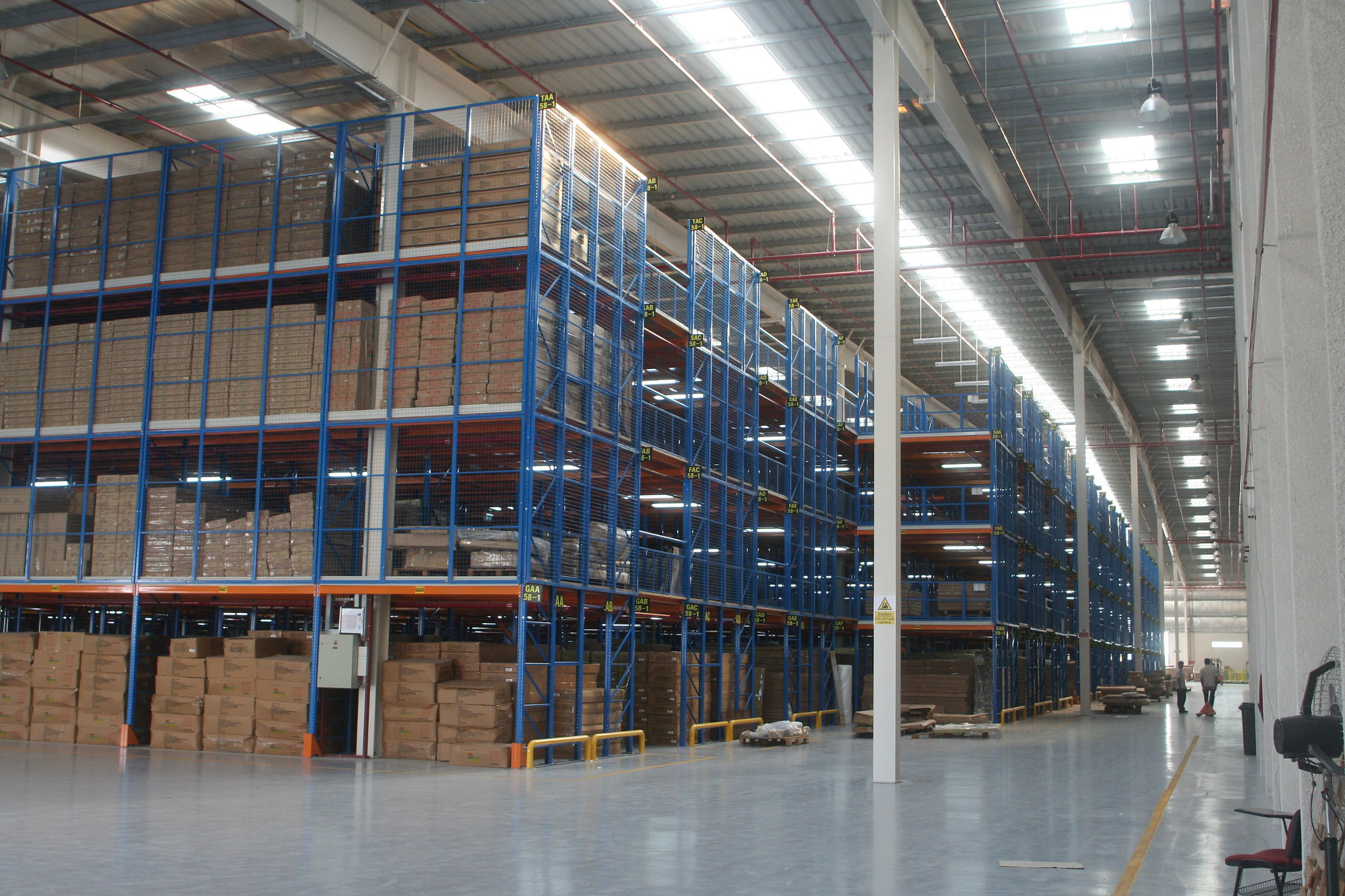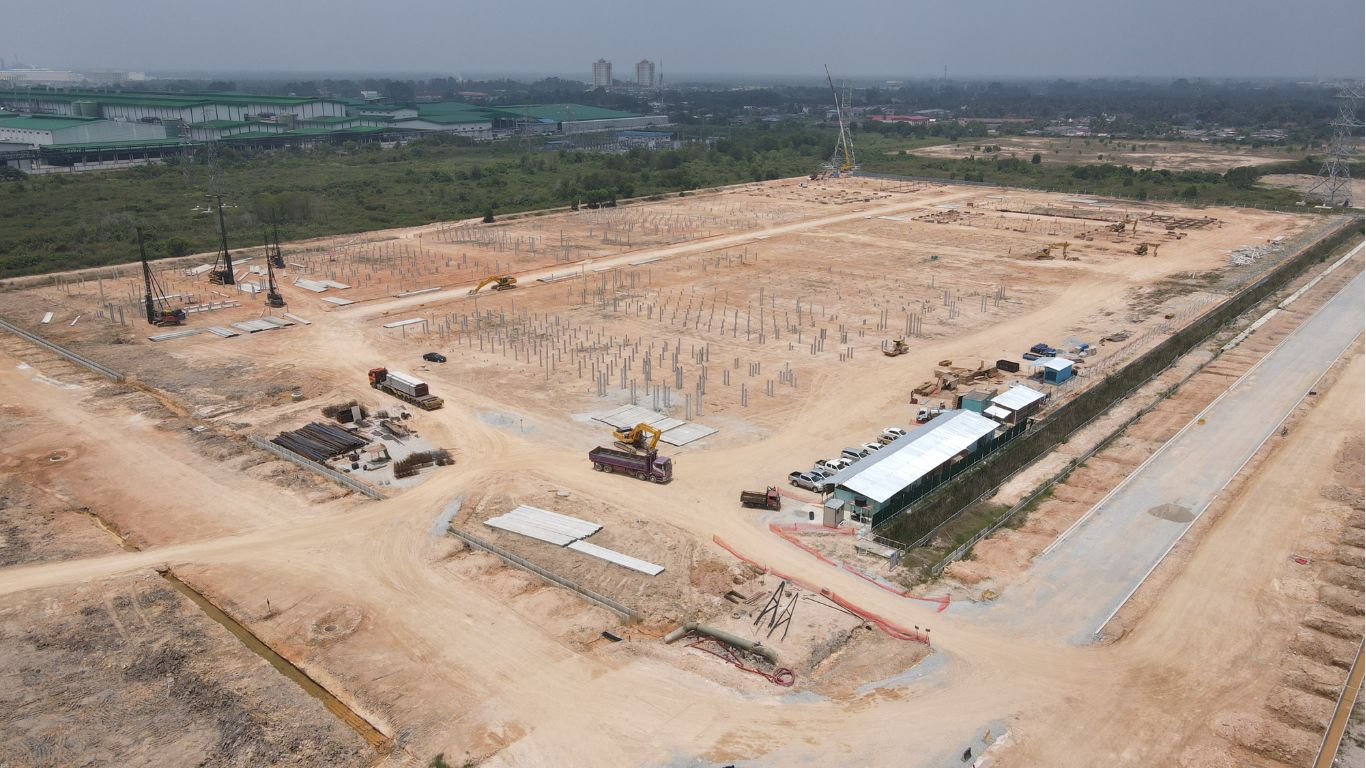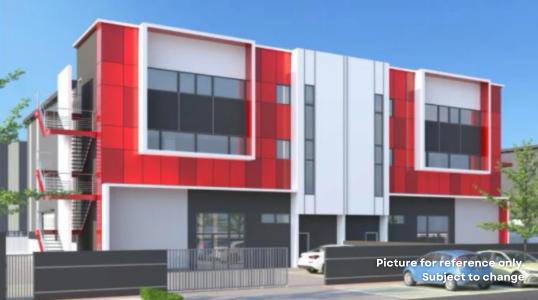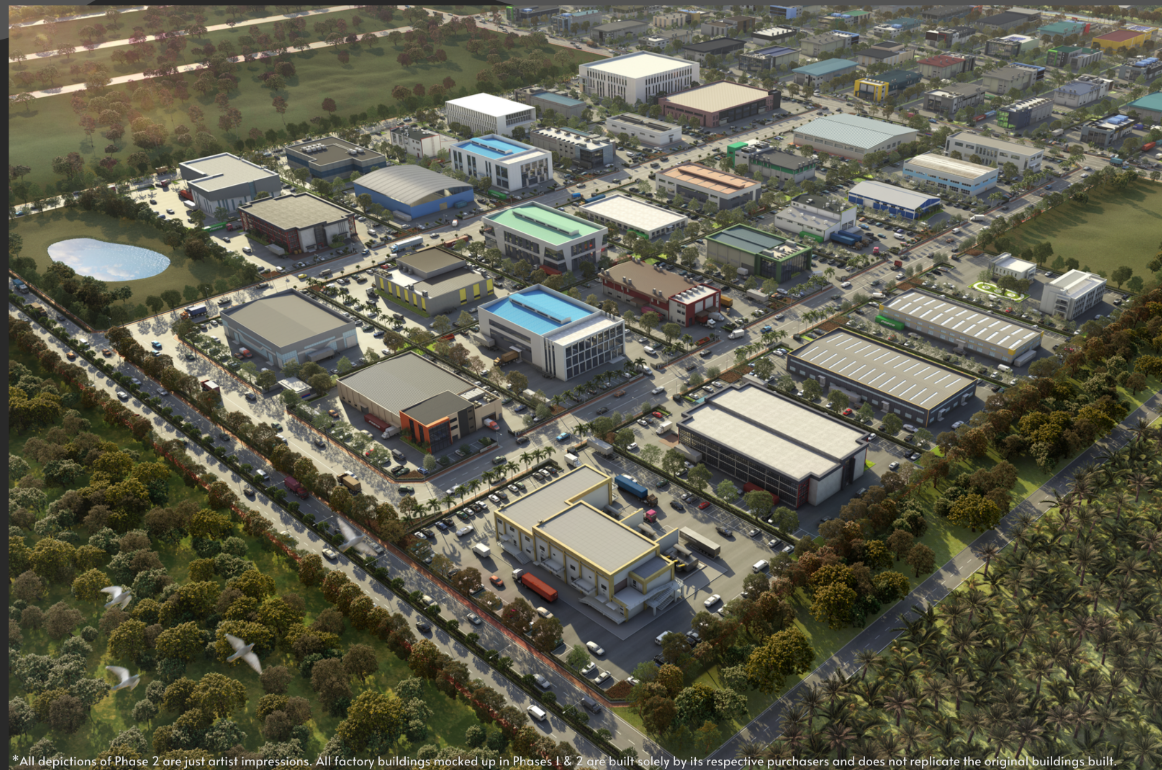
Strategically Positioned, Investment-Ready Industrial Properties in Malaysia
Explore the best of Malaysia industrial properties from detached two-storey factories and semi-D facilities to warehouses and beyond. Optimize your operations and maximize returns with our versatile manufacturing sites and prime distribution hubs, all tailored to drive your business success.
Industrial Properties Highlight
Swipe right to filter
Why Industrial Properties
"The industrial property market in Malaysia is expected to remain resilient in 2023, supported by strong demand from the manufacturing and logistics sectors." - Knight Frank Malaysia, Malaysia Industrial Market Report 2023
FAQ
1. What is Industrial Property? Industrial property or industrial properties are commercial properties that are used for the production, storage, or distribution of goods and services. They can include factories, warehouses, manufacturing facilities, research and development facilities, distribution centers, data centers, and other types of commercial buildings. Industrial properties are typically located in industrial areas, which are zoned for commercial use.
2. What are The Different Types of Industrial Property? Industrial properties can be classified into different types based on their size, layout, and intended use. Some common types of industrial properties include:
a. Industrial Land: This is undeveloped land that is zoned for industrial use. It can be used to build new industrial facilities or to expand existing ones.
b. Detached Two-Storey Factory: This is a standalone industrial building with two floors. It is typically used for manufacturing or assembly operations.
c. Semi-D Factory: This is an industrial building that shares one wall with another industrial building. It is typically smaller than a detached two-storey factory and is often used by small businesses.
d. Cluster Factory: This is a group of industrial buildings that are arranged around a central courtyard. They are typically used by businesses that need to be close to each other, such as suppliers and manufacturers.
e. Terrace Factory: This is a row of industrial buildings that are connected to each other. They are typically the smallest type of industrial property and are often used by businesses that need a small amount of space, such as workshops and warehouses.
3. How to buy Industrial Property? a. Find a suitable industrial property. You can search for industrial properties online or through a real estate agent.
b. Get approval from the Malaysian government. Foreigners must obtain consent from the state authority where the industrial property is located before they can purchase it.
c. Negotiate a purchase price and sign a Sale and Purchase Agreement.
d. Obtain financing from a bank or other lender.
e. Pay the stamp duty and other fees.
f. Transfer the ownership of the industrial property to your name.
4. What is Industrial Land in Malaysia?
Industrial land in Malaysia is land that is zoned for industrial use. This means that it can be used for the production, storage, or distribution of goods and services. Industrial land can be found in all parts of Malaysia, but it is most concentrated in the Klang Valley, Johor, and Penang.
Industrial land is typically divided into two categories: free trade zones (FTZs) and non-FTZs. FTZs are designated areas where businesses can operate with reduced or eliminated tariffs and other trade barriers. Non-FTZs are industrial areas that are not subject to the same trade restrictions as FTZs. If you are considering buying industrial land in Malaysia, there are a few things you should keep in mind:
1. Zoning
2. Location
3. Infrastructure
4. Environmental regulations
5. What Industrial Property to Invest in? The best industrial properties to invest in are those that are located in prime locations, have good access to transportation and utilities, and are in high demand from tenants. Some specific types of industrial properties that are good for investment include:
1. Warehouses: Warehouses are in high demand due to the growth of e-commerce.
2. Distribution centers: Distribution centers are also in high demand due to the growth of e-commerce and the increasing need for businesses to be able to quickly distribute their products to customers.
3. Flex space: Flex space is a versatile type of industrial property that can be used for a variety of purposes, such as manufacturing, research and development, and warehousing.rial properties include:
A better real estate experience
Column 2
Explore
/Copyright © 2024 Blaze Dot Com Sdn Bhd (Reg. No: 202301033190). All rights reserved.










